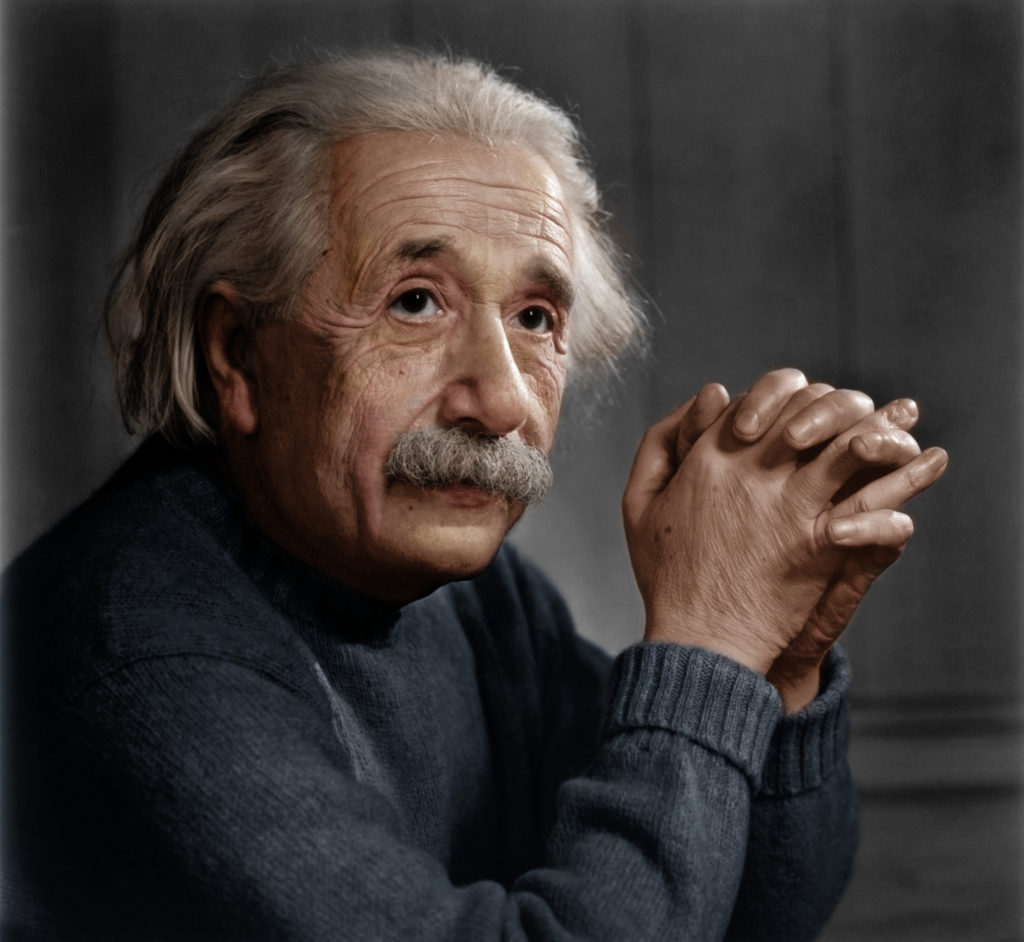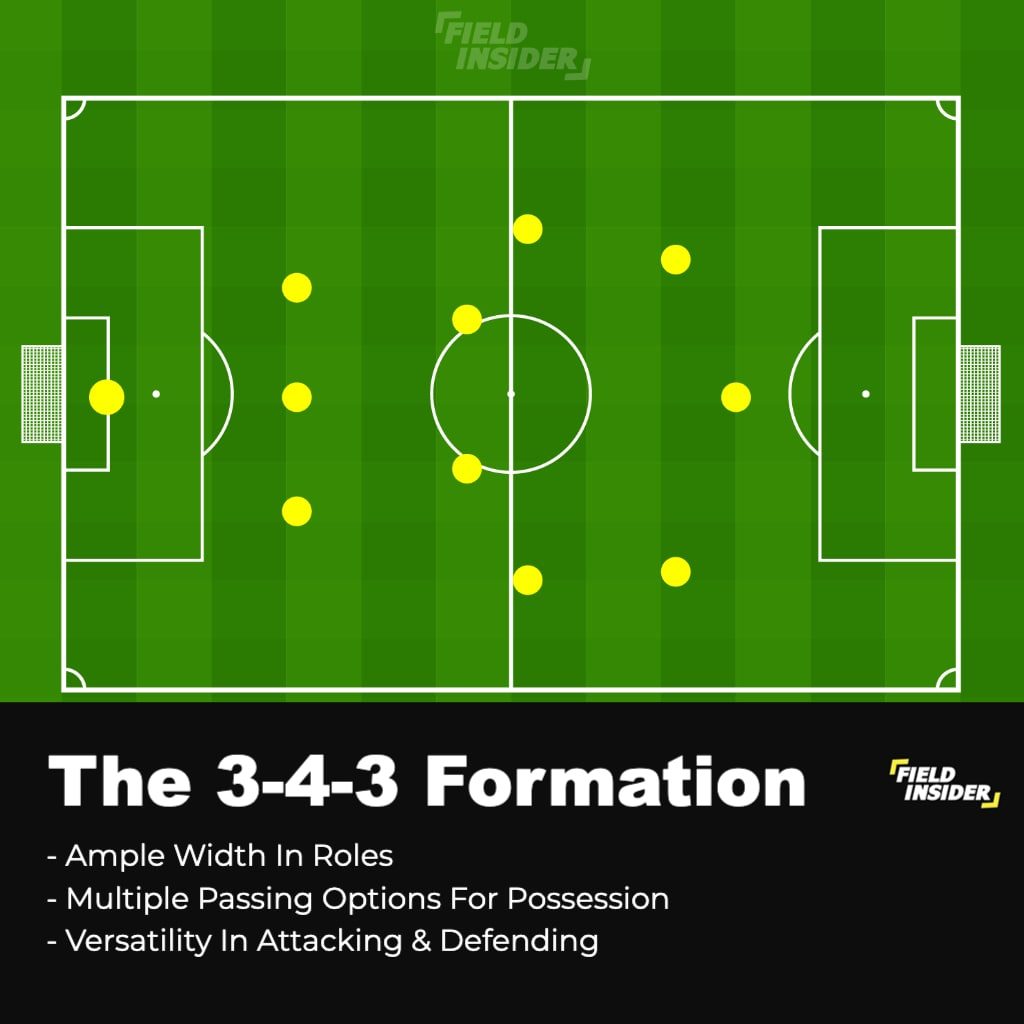
Echoes of David: The Unforgettable Journeys of the UCL’s Surprise Underdogs
The UEFA Champions League, a hallowed battleground where footballing giants clash, is often perceived as a predictable theatre dominated by a select few elite clubs. Year after year, the likes of Real Madrid, Bayern Munich, Barcelona, and the English powerhouses are tipped to lift the coveted trophy. Their colossal budgets, star-studded squads, and rich histories seem to create an almost insurmountable barrier for smaller, less heralded teams.
Yet, it is in the audacious triumphs and near-misses of the underdogs that the true magic and unpredictable allure of the Champions League truly shine. These are the teams that defy logic, shatter expectations, and remind us that in football, heart, tactical ingenuity, and unwavering belief can sometimes trump financial might and individual brilliance. They are the Davids challenging Goliaths, etching their names into the annals of European football history through sheer grit and unforgettable moments. This article delves into the captivating sagas of some of the most surprising underdog teams that have graced the Champions League stage, exploring their journeys, their impact, and the enduring legacy they left behind.
FC Porto (2003-2004): The Quintessential Underdog Champion
Perhaps the most iconic underdog story in the modern Champions League era belongs to José Mourinho’s FC Porto in the 2003-2004 season. Coming off a UEFA Cup triumph the previous year, Porto was certainly a respected European club, but nobody truly expected them to conquer the pinnacle of European football. Their squad lacked the household names of their rivals, instead relying on a blend of emerging talent and seasoned professionals: Deco, Ricardo Carvalho, Maniche, Paulo Ferreira, and a young Benni McCarthy.
Under the guidance of the charismatic and tactically astute Mourinho, Porto transformed into an unyielding, disciplined, and ruthlessly efficient unit. Their journey was not without its moments of drama, including a last-gasp winner against Manchester United at Old Trafford in the round of 16, a moment that truly announced their arrival. They then navigated past Lyon and Deportivo La Coruña, showcasing their defensive solidity and clinical counter-attacking prowess.
The final saw them face AS Monaco, another unexpected finalist, in a match that promised an open, attacking spectacle. Porto delivered a masterclass, dismantling Monaco 3-0, with goals from Carlos Alberto, Deco, and Dmitri Alenichev. Mourinho’s tactical genius, his ability to galvanize a collective spirit, and his team’s unwavering belief in his methods saw them defy all odds. Porto’s victory remains a powerful testament to the idea that a well-drilled, unified team with a clear tactical identity can conquer even the most formidable opponents. It also launched Mourinho into superstardom, changing the landscape of European football management forever.
AS Monaco (2003-2004): The Attacking Revelation
Sharing the stage with Porto in the incredible 2003-2004 season was Didier Deschamps’ AS Monaco. Like Porto, they were not considered title contenders, particularly given the star power residing in clubs like Real Madrid’s "Galacticos," AC Milan, and Arsenal’s "Invincibles." Yet, Monaco played with a thrilling attacking verve, spearheaded by the likes of Ludovic Giuly, Jérôme Rothen, Dado Pršo, and the prolific Fernando Morientes, on loan from Real Madrid.
Their journey to the final was nothing short of sensational. In the group stage, they hammered Deportivo La Coruña 8-3 in an unforgettable goal-fest. But it was in the knockout rounds where they truly cemented their underdog status. In the quarter-finals, they faced Real Madrid, overturning a 4-2 first-leg deficit with a stunning 3-1 victory at home, progressing on away goals. Giuly’s brace against his parent club was a performance for the ages. They then dispatched a formidable Chelsea side managed by Claudio Ranieri in the semi-finals, again showcasing their attacking firepower and resilience.
Though they ultimately fell to Porto in the final, Monaco’s run was a captivating display of daring, offensive football. They proved that even without the deepest pockets, a team with clear tactical principles, confidence, and a few inspired individual performances could dismantle the established hierarchy and reach the pinnacle of European club football.
Deportivo La Coruña (2003-2004): The Unforgettable Comeback Kings
The 2003-2004 season truly was the season of the underdog. While Porto and Monaco reached the final, Deportivo La Coruña provided one of the most astonishing comebacks in Champions League history. "Super Depor," as they were known, had been a consistent force in La Liga for several years but were never considered genuine European champions. Their squad boasted talents like Juan Carlos Valerón, Albert Luque, and Walter Pandiani.
Their quarter-final tie against the reigning champions, AC Milan, was a classic David vs. Goliath encounter. Milan, with players like Pirlo, Kaká, Shevchenko, and Maldini, were overwhelming favorites. The first leg at the San Siro saw Milan demolish Deportivo 4-1, seemingly putting the tie beyond doubt. Commentators and fans alike had written Deportivo off.
However, the return leg at the Riazor was the stage for a miracle. Driven by an electric atmosphere and an unwavering belief, Deportivo stunned the footballing world. They scored three goals in the first half to level the aggregate score and then added a fourth in the second half to secure an incredible 4-0 victory, winning 5-4 on aggregate. It was a comeback of epic proportions, a testament to the power of belief and the unpredictable nature of football. While their journey ended in the semi-finals against Porto, Deportivo’s resilience and that unforgettable night against Milan cemented their place in Champions League folklore.
Villarreal CF (2005-2006 & 2021-2022): The Yellow Submarine’s Deep Dives
Villarreal, a relatively small club from a city of just 50,000 inhabitants, has twice embarked on remarkable Champions League journeys, proving that ambition and shrewd management can yield extraordinary results.
Their first deep dive came in the 2005-2006 season under Manuel Pellegrini. Led by the enigmatic Juan Román Riquelme and the prolific Diego Forlán, the "Yellow Submarine" navigated a challenging group and then saw off Rangers and Inter Milan in the knockout stages, reaching the semi-finals in their debut Champions League campaign. There, they faced Arsenal. A tight first leg saw them lose 1-0. In the return leg, Villarreal pushed relentlessly but ultimately missed a penalty in the dying minutes, Riquelme’s spot-kick saved by Jens Lehmann, sending Arsenal to the final. Despite the heartbreak, it was an incredible achievement for a club of Villarreal’s stature.
Almost two decades later, in the 2021-2022 season, Villarreal, now managed by Europa League specialist Unai Emery, once again defied expectations. After winning the Europa League the previous season, they entered the Champions League with a strong collective but without the superstar names. They shocked Juventus in the round of 16, winning 3-0 in Turin in the second leg, then pulled off an even bigger upset against Bayern Munich in the quarter-finals, holding the German giants to a 1-1 draw in Germany after winning the first leg 1-0. Their defensive solidity and clinical counter-attacking were a masterclass. They eventually succumbed to Liverpool in the semi-finals, but not before giving the English giants a significant scare, going 2-0 up in the second leg before Liverpool’s quality shone through. Villarreal’s consistent ability to punch above their weight on the European stage is a testament to their strong club identity and tactical discipline.
APOEL Nicosia (2011-2012): The Cypriot Dream
The 2011-2012 Champions League season produced one of the most heartwarming and truly unexpected underdog stories in APOEL Nicosia. As the first Cypriot team ever to reach the knockout stages of the competition, their very presence in the round of 16 was a monumental achievement. Their squad was largely composed of journeymen and local players, without any high-profile international stars.
Yet, under the guidance of coach Ivan Jovanović, APOEL displayed incredible resilience and tactical discipline. They finished top of a group containing Porto, Shakhtar Donetsk, and Zenit Saint Petersburg – a feat that shocked many. In the round of 16, they faced French giants Lyon. After a 1-0 loss in France, APOEL won the return leg 1-0 at home, forcing extra time and then a penalty shootout. In a moment of sheer euphoria, they won the shootout 4-3, becoming the first Cypriot team to reach the Champions League quarter-finals.
Their dream run eventually ended against Real Madrid, who comfortably won both legs. However, APOEL’s journey transcended mere results. It was a tale of a small nation’s club making an unprecedented mark on the grandest stage, inspiring millions and proving that with belief and unity, anything is possible.
Leicester City (2016-2017): The Premier League Champions’ European Encore
Fresh off their astonishing Premier League title win in 2015-2016, Leicester City entered the Champions League as perhaps the most unlikely domestic champions in recent memory. While their Premier League success was a miracle, replicating it in Europe seemed an even taller order, especially with the added pressure of the "Champions League effect" on a relatively thin squad.
However, under Claudio Ranieri (and later Craig Shakespeare), Leicester embraced their underdog status once more. They topped their group comfortably, winning four of their six matches. In the round of 16, they faced Sevilla, a team with a rich Europa League pedigree. After a 2-1 first-leg defeat, Leicester produced a spirited performance at home, winning 2-0 to advance to the quarter-finals. Jamie Vardy and Riyad Mahrez continued to be their key attacking outlets, while the team’s defensive resilience and counter-attacking prowess were on full display.
Their journey ended against Atlético Madrid, losing 2-1 on aggregate after a hard-fought tie. While they didn’t lift the trophy, Leicester’s Champions League run was a beautiful continuation of their fairy-tale story, showcasing that the spirit, unity, and tactical discipline that won them the Premier League could also make them a formidable force in Europe.
AFC Ajax (2018-2019): The Beautiful Game Personified
The 2018-2019 Ajax team arguably delivered the most captivating and aesthetically pleasing underdog run in recent memory. Rooted in their famed academy, this young, vibrant squad, led by Erik ten Hag, played a brand of exhilarating, attacking football that captivated audiences worldwide. Their squad, featuring future stars like Matthijs de Ligt, Frenkie de Jong, Hakim Ziyech, and Dušan Tadić, was a breath of fresh air amidst the tactical rigidity often seen in modern football.
Ajax’s journey was legendary. After navigating three qualifying rounds, they finished second in a group with Bayern Munich. In the round of 16, they faced the reigning champions, Real Madrid, who had won the previous three titles. After a 2-1 loss at home in the first leg, Ajax produced a stunning performance at the Santiago Bernabéu, dismantling Real Madrid 4-1 with a display of fluid, confident football.
They then faced Cristiano Ronaldo’s Juventus in the quarter-finals. After a 1-1 draw at home, Ajax again shone in the away leg, winning 2-1 in Turin, showcasing their tactical flexibility and mental fortitude. Their semi-final against Tottenham Hotspur seemed destined for glory after they won the first leg away and went 2-0 up in the second leg at home. However, a dramatic Lucas Moura hat-trick in the dying seconds of the game saw Spurs snatch victory on away goals, leaving Ajax and their fans heartbroken.
Despite the agonizing end, Ajax’s run was a triumph of footballing philosophy. They proved that a team built on youth, attacking intent, and intelligent coaching could not only compete with but also outplay the continent’s wealthiest clubs, leaving an indelible mark on the hearts of football purists.
Atalanta BC (2019-2020): Bergamo’s Proud Representatives
In the COVID-19 impacted 2019-2020 season, Italian side Atalanta emerged as another compelling underdog story. Known for their thrilling, high-scoring football under Gian Piero Gasperini, "La Dea" were Champions League debutants and had struggled initially in their group, losing their first three matches. However, they staged a remarkable comeback, securing qualification in their final group game.
Their attacking philosophy, often described as "total football," saw them score goals for fun, despite lacking traditional superstars. In the round of 16, they faced Valencia, whom they dispatched with an incredible 8-4 aggregate victory over two legs, showcasing their relentless offensive power.
Their quarter-final against Paris Saint-Germain was a microcosm of their season: fearless, entertaining, and ultimately heartbreaking. Leading 1-0 until the 90th minute, Atalanta succumbed to two late PSG goals, crashing out of the tournament. However, their journey was deeply poignant, as it coincided with Bergamo, their home city, becoming the epicenter of the COVID-19 pandemic in Italy. Atalanta’s Champions League run provided a much-needed source of pride and hope for a community enduring immense suffering.
The Anatomy of an Underdog Run
What common threads connect these diverse underdog sagas?
- Coaching Brilliance: Mourinho, Deschamps, Pellegrini, Ten Hag, Gasperini, Emery – all master tacticians who built cohesive units greater than the sum of their parts.
- Team Cohesion and Spirit: These teams often lacked individual superstars but compensated with an unbreakable collective spirit, unity, and shared belief.
- Tactical Discipline: Whether it was Porto’s defensive solidity, Ajax’s fluid attacking, or Villarreal’s counter-attacking prowess, each team had a clear, well-executed tactical identity.
- No Pressure Mentality: Unlike the giants burdened by expectations, underdogs often play with a freedom that allows them to express themselves without fear of failure.
- Seizing the Moment: Critical moments, like Porto’s late winner against Man Utd or Deportivo’s early goals against Milan, were capitalized upon, building momentum.
- Exploiting Weaknesses: Underdogs often thrive by identifying and ruthlessly exploiting the subtle weaknesses of their more illustrious opponents, who may underestimate them.
Conclusion
The UEFA Champions League, for all its commercial grandeur and the predictable dominance of its super clubs, finds its soul in the unexpected. The journeys of teams like Porto, Monaco, Deportivo, Villarreal, APOEL, Leicester, Ajax, and Atalanta are more than just football matches; they are sagas of defiance, belief, and the enduring power of the human spirit. They remind us that the beautiful game, at its heart, remains gloriously unpredictable.
These underdog tales resonate deeply because they embody a universal hope: the idea that with enough grit, intelligence, and collective will, even the seemingly impossible can be achieved. They inject a vital dose of magic and unpredictability into a competition that might otherwise feel predetermined. As long as the Champions League anthem plays, there will always be a glimmer of hope for the next David to emerge from the shadows, ready to challenge Goliath and write another unforgettable chapter in the annals of European football history.


